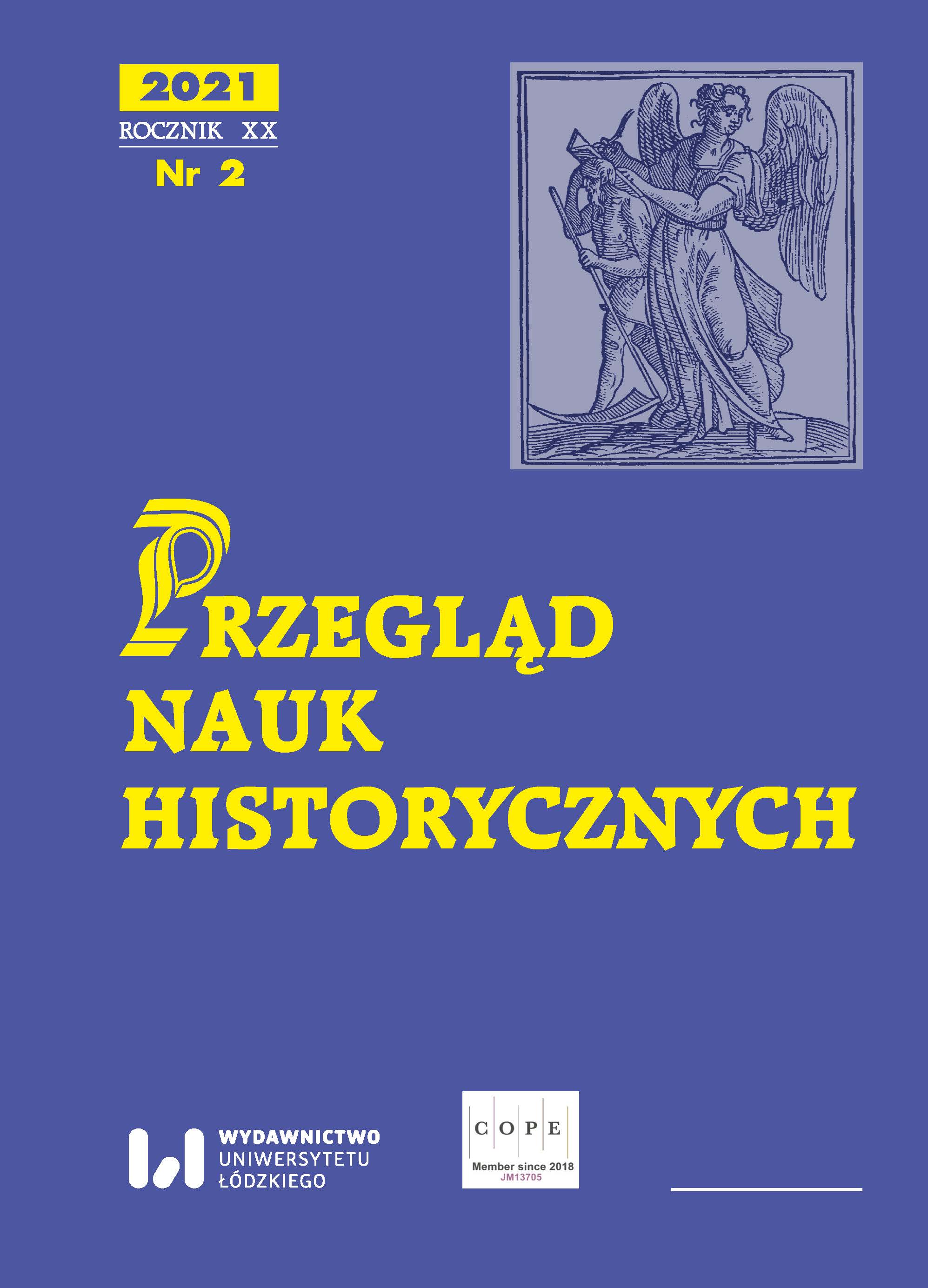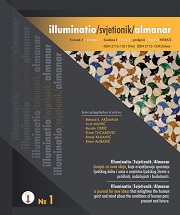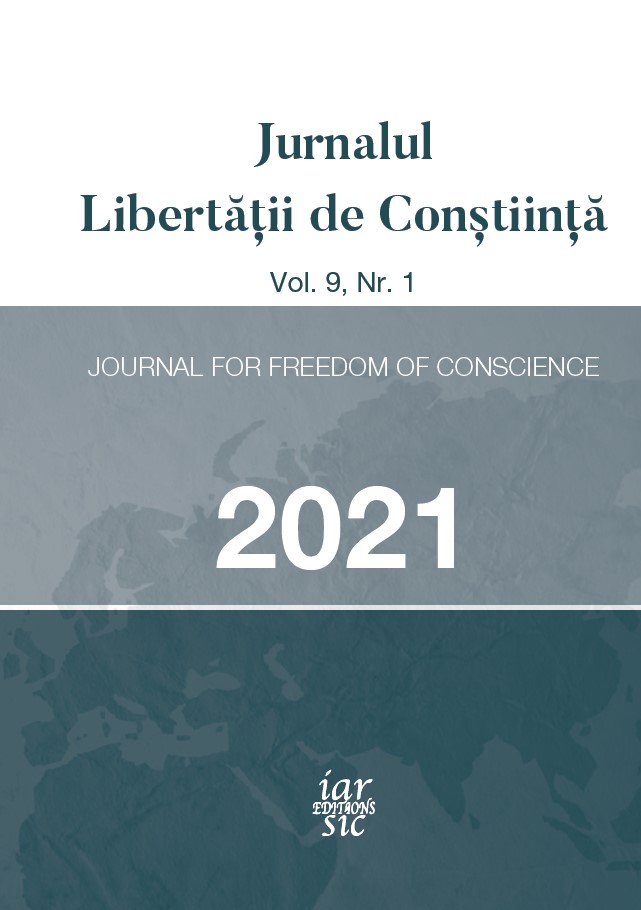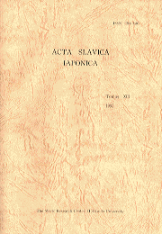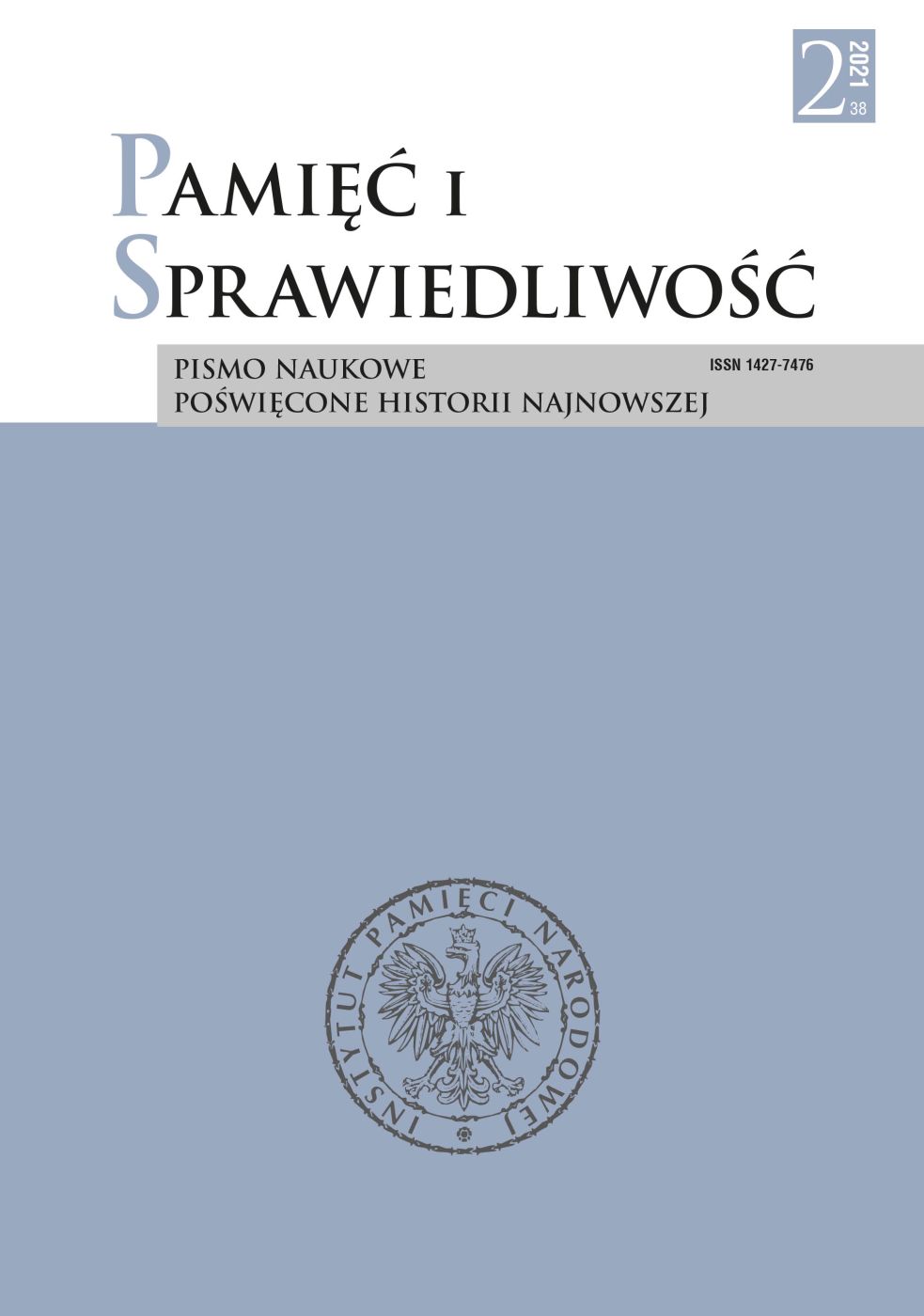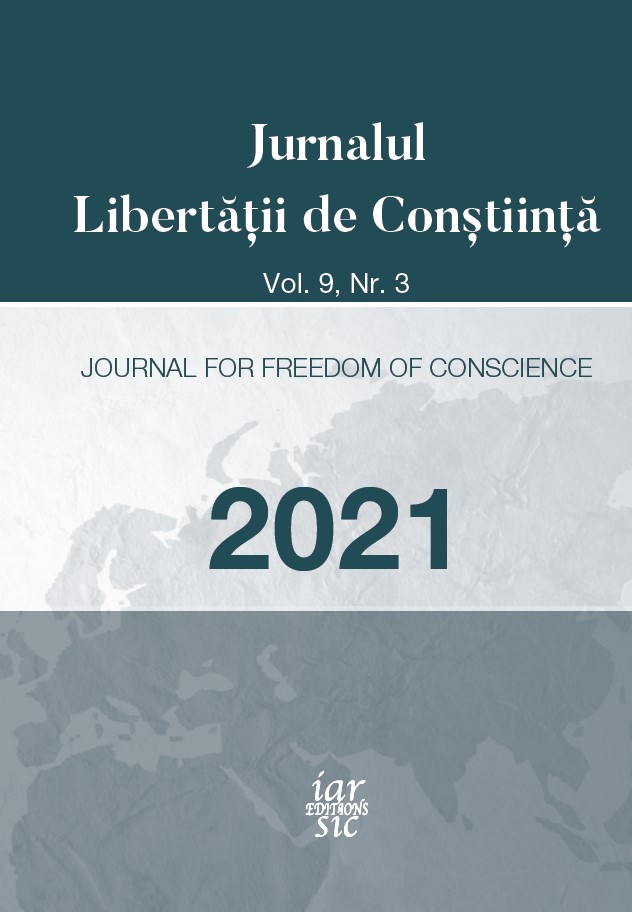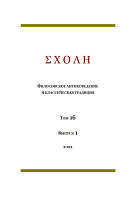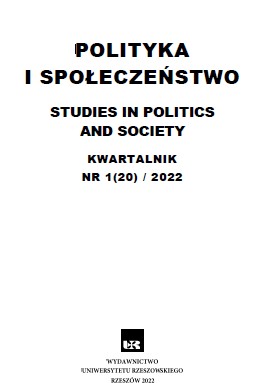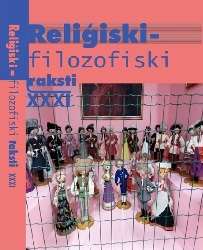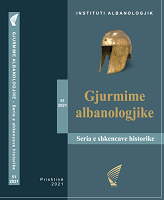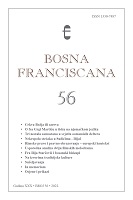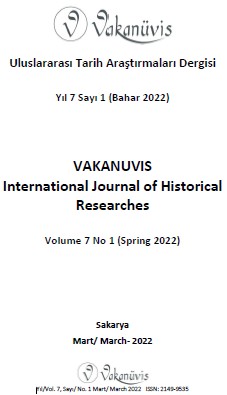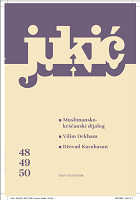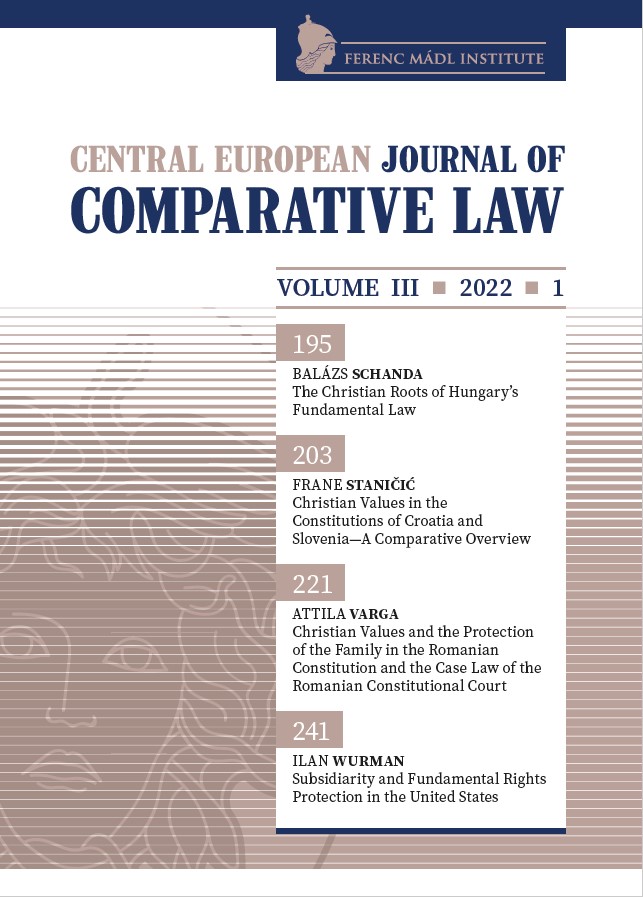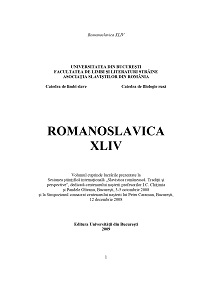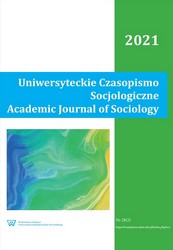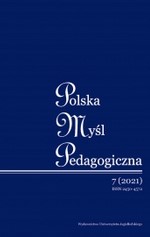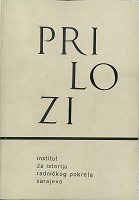Author(s): Jozo Džambo / Language(s): Bosnian
Issue: 56/2022
Der bosnische Franziskaner Grgo Martić (1822–1905) gehört zweifelsohne zu den pro fi liertesten Gestalten der bosnisch-herzegowinischen Gesellschaft in der zweiten Hälfte des 19. Jahrhunderts. Als Ordensmann spielte er eine besondere Rolle im Leben seiner Gemeinschaft, der Provinz „Bosna Srebrena“, aber nicht minder oder gar noch mehr im gesellschaftlichen Geschehen seiner Zeit. Hoch angesehen, gebildet und polyglott, wurde er in verschiedene politisch-administrative Gremien sowohl während der osma nischen als auch der österreichisch-ungarischen Herrschaft berufen. Besonders aktiv war er als Leiter der sogenannten Agentur der bosnischen Franziskaner in Sarajevo, die bei der Regierung die Interessen der bosnischen Katholiken zu vertreten hatte, ohne dabei jedoch die Angelegenheiten anderer Konfessionen zu vernachlässigen. Für seine Tätigkeiten wurde Martić mehrfach hoch dekoriert und als solcher war er eine Repräsentationsfi gur, auf die man bei den verschiedensten Anlässen nicht verzich ten wollte. Nach der österreichisch-ungarischen Okkupation Bosnien-Herzegowinas, die er stark befürwortet hat, gehörte er zu den Mitgliedern einer Huldigungsdeputation, die im Dezember 1878 dem Kaiser und König Franz Joseph I. eine Dankesadresse für die vollbrachte Okkupation des Landes überreichen sollte. Martić war außerdem schriftstellerisch tätig und zu seinen Lebzeiten sehr ge schätzt. Er wurde sogar als bosnischer bzw. kroatischer bzw. südslawischer „Homer“ bezeichnet, ein Attribut, mit dem er als Epiker gewürdigt werden sollte. Sein bekann testes Werk, die in Manier der Volkspoesie verfasste Dichtung Osvetnici („Die Rä cher“), schildert in erster Linie die Kämpfe der bosnisch-herzegowinischen Aufstän dischen gegen die osmanische Herrschaft Anfang der 1870er Jahre, behandelt jedoch in der Fortsetzung auch die aktuellen Ereignisse, wie die Besetzung des Landes durch die österreichisch-ungarischen Truppen. Er war auch Sammler des Folkloreguts, Au tor von Reisebeschreibungen, Übersetzer aus dem Französischen (J. Racine, F. R. de Chateaubriand) u. a. Über Martić wurde verhältnismäßig viel geschrieben, wobei sowohl sein gesell schaftliches Engagement als auch sein literarisches Werk gewürdigt wurden. Trotz sei ner Bedeutung wurde ihm aber bislang keine umfassende biographische Darstellung gewidmet. In dem vorliegenden Beitrag werden die Berichte und Nachrichten über Martić registriert, kontextualisiert und kommentiert, wie sie über ihn zu Lebzeiten und unmit telbar nach seinem Tod in der deutschsprachigen Presse erschienen. Aus naheliegenden Gründen schrieben über Martić fast ausschließlich die österrei chische und nur vereinzelt auch die Reichspresse. Einen Sonderfall stellen dabei zwei Tageszeitungen dar: die Agramer Zeitung (Agram/Zagreb) und die Bosnische Post (Sarajevo), die zwar in deutscher Sprache erschienen, aber angesichts der Biographie Martićs auch als „einheimische“ gelten können. Dennoch werden sie hier als gleich wertig mit den anderen Quellen berücksichtigt, da gezeigt werden soll, welche Infor mationen über Martić dem deutschsprachigen Lesepublikum zur Verfügung standen. Bei dem ausgewerteten Material wurde auch das sog. „Kronprinzenwerk“ (Die österreichisch-ungarische Monarchie in Wort und Bild) berücksichtigt, in dessen 22. Band Bosnien und Hercegovina (Wien 1901) eine ausführliche Würdigung des Dich ters Martić aus der Feder von Constantin Hörmann enthalten ist.
More...
